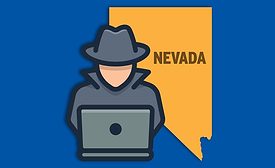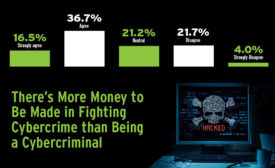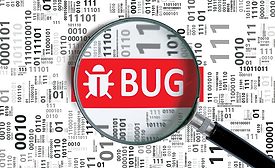Cybersecurity News
Cyber-Securing Video Cameras
Passwords, encryption and networking techniques all help to safeguard your video surveillance feeds.
September 4, 2018
Sign-up to receive top management & result-driven techniques in the industry.
Join over 20,000+ industry leaders who receive our premium content.
SIGN UP TODAY!Copyright ©2024. All Rights Reserved BNP Media.
Design, CMS, Hosting & Web Development :: ePublishing











